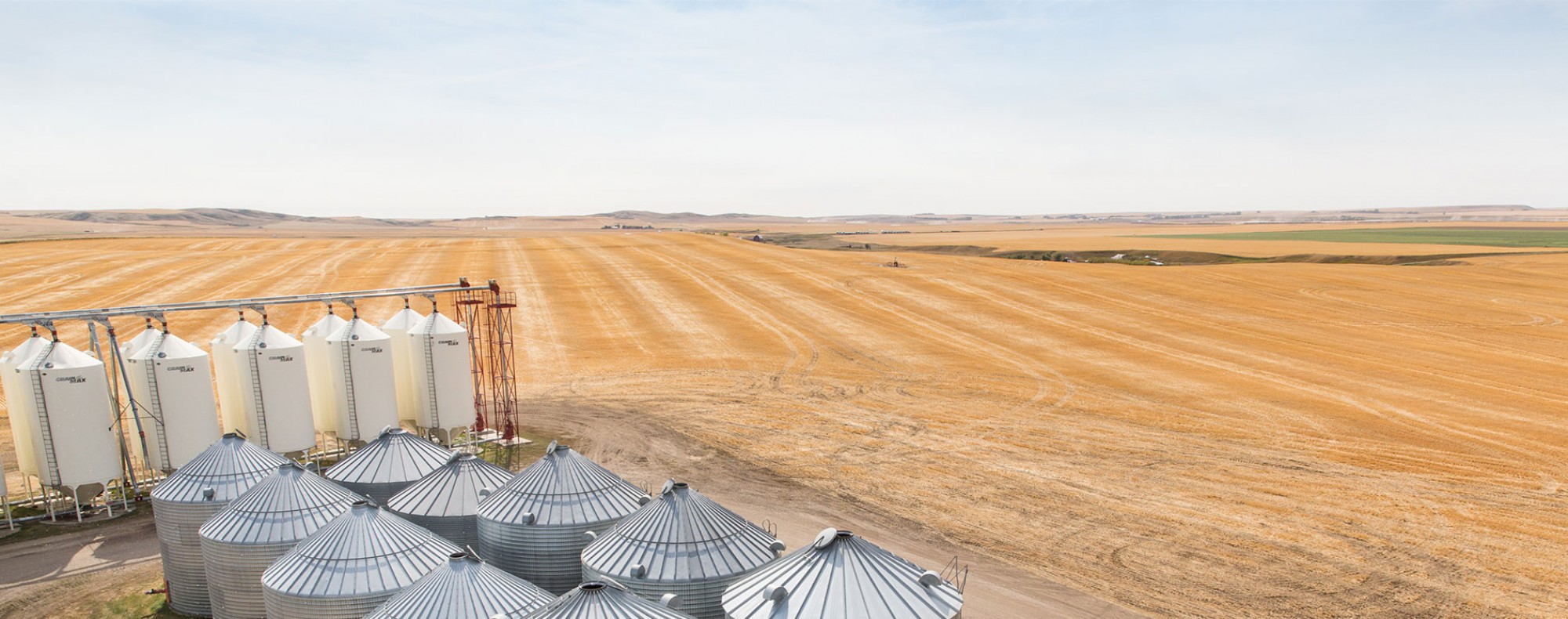Managing crop residue carbon for soil health in wheat-based cropping systems
AWC contribution: $70,852
Start Date: April 1, 2021
End Date: March 31, 2024
Dr. Benjamin Ellert, AAFC-Lethbridge
Summary:
Farmers are in the business of managing carbon (C). The flows of C to harvested commodities are crucial for profitability, competitiveness and economic sustainability, while flows to the soil in the form of crop residues are crucial to maintain soil health and to draw down atmospheric CO2. Traditionally crop residues have been returned to the soil in dryland cropping systems. However, crop residues may also be a feasible and profitable bio-resource. This research will assess whether there may be an opportunity to extend the crop harvest beyond the grain to include some portion of the crop residues, without appreciably impairing soil health. Most field studies to investigate the effects of crop residue exports on agroecosystem performance and soil status run for fewer than 10, and often for only 3 yrs. Such short time spans often are too small to appreciably alter C or nitrogen (N) cycling. This project will take advantage of a simple residue manipulation experiment that has been maintained for 20 years at AAFC Lethbridge. To assess soil health we will merge data on crop yields and soil C and N stocks. This will enable us to construct long-term C and N budgets indicating inputs to and outputs from contrasting treatments, which will be used to further the development of the greenhouse gas calculator, known as Holos. The project also will enable us to study the effects of residues and fertilization on available plant N, which is a critical determinant of yield and profitability.
